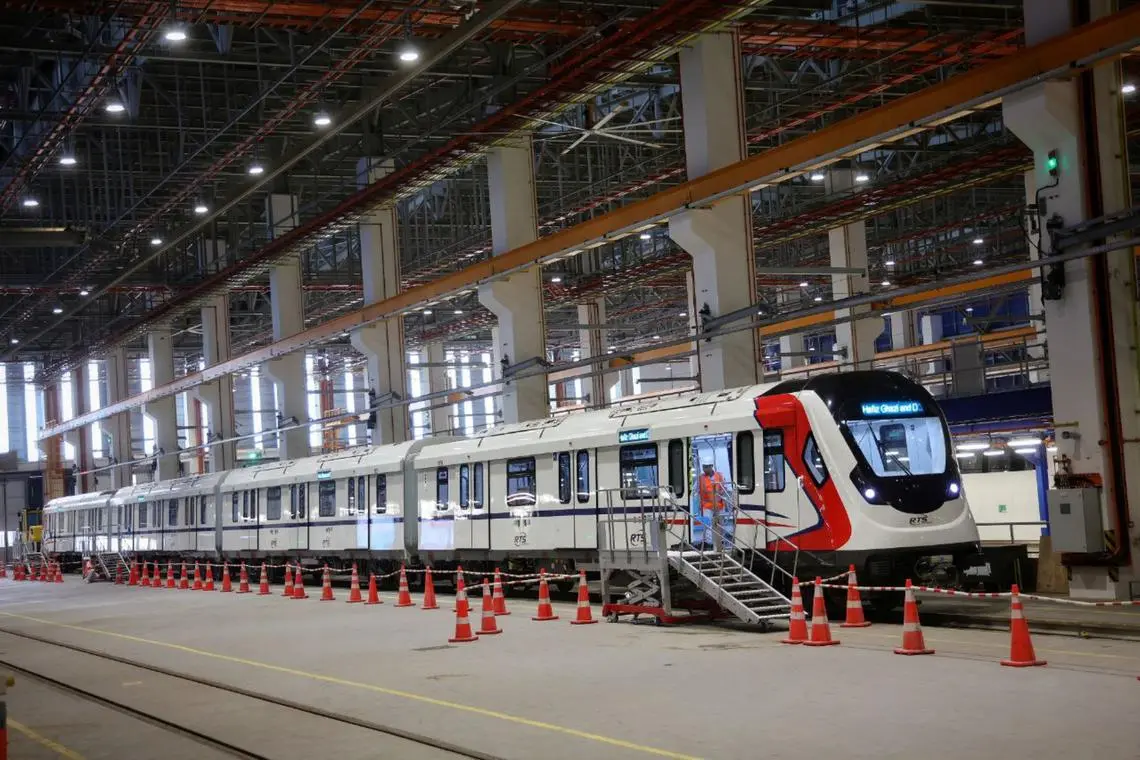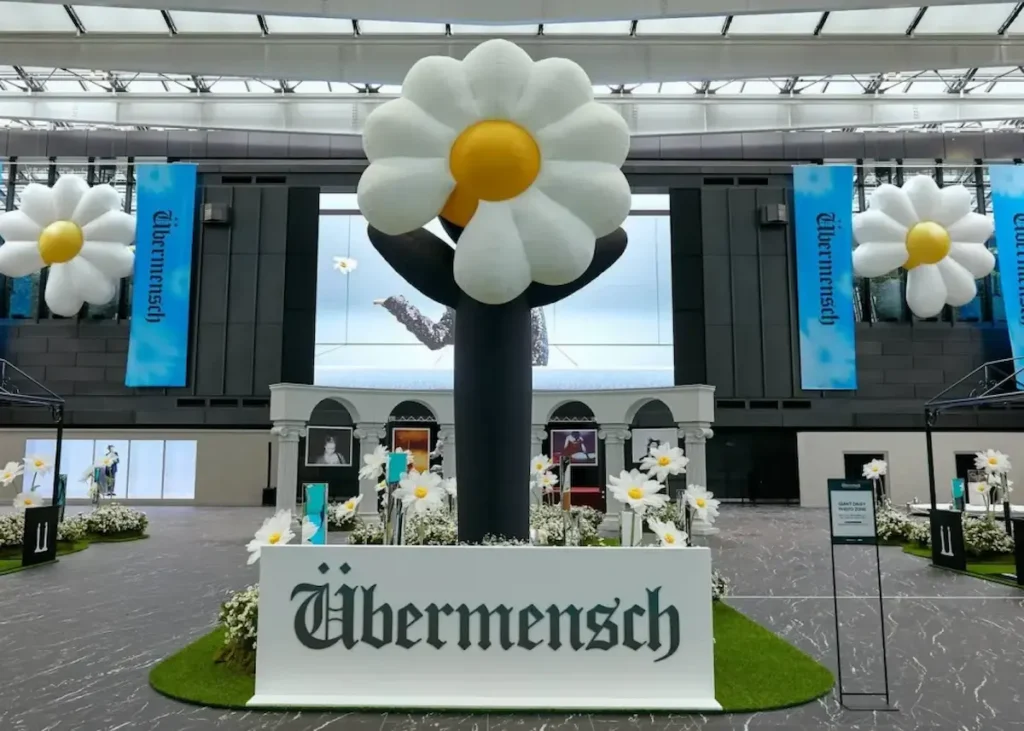JB-SG Rapid Transit System: Cross-Border Rail Link Opening December 2026

Photo Credits: https://cassette.sphdigital.com.sg
The JB-SG Rapid Transit System represents a revolutionary leap in cross-border connectivity between Malaysia and Singapore, with passenger services set to commence in December 2026. This ambitious infrastructure project promises to transform the way people travel between the two nations, offering unprecedented convenience and efficiency for daily commuters and travellers alike.
Project Overview and Current Progress
The JB-SG Rapid Transit System is a 4-kilometre cross-border rail link connecting Bukit Chagar station in Johor Bahru to Woodlands North station in Singapore. As of July 2025, the project has achieved remarkable progress, with overall construction reaching more than 50% completion and rail system works advancing steadily towards the target launch date.
Construction began on the Malaysian side in November 2020, followed by Singapore’s commencement in January 2021. The project faced several delays during its development phase, including a suspension period from April 2019 to July 2020 due to Malaysia’s review of the project parameters. However, both nations successfully resumed collaboration, with the bilateral agreement officially relaunched in July 2020.
In June 2025, Malaysia and Singapore unveiled the first of eight fully automated trains that will serve the JB-SG Rapid Transit System. The train, manufactured by China Railway Rolling Stock Corporation Zhuzhou Locomotive Co Ltd, showcases a distinctive design incorporating the colours of both nations’ flags, symbolising the cross-border partnership.
Technical Specifications and Capacity
The JB-SG Rapid Transit System will operate as a standalone Light Rail Transit system with impressive capacity specifications. Each four-car train measures 76.5 metres in length and can accommodate up to 607 passengers under normal conditions, with a maximum crush capacity of over 1,000 passengers during peak periods. The system will transport up to 10,000 passengers per hour in each direction, making it one of the most efficient cross-border rail systems globally.
The trains will operate at a maximum speed of 80 kilometres per hour, completing the journey between the two stations in approximately five minutes. During peak hours, trains will run with a frequency of just 3.6 minutes, ensuring minimal waiting times for passengers. The service will operate daily from 6:00 AM to midnight, providing comprehensive coverage for both commuters and leisure travellers.
Revolutionary Immigration Process
One of the most significant advantages of the JB-SG Rapid Transit System is its innovative approach to immigration clearance. The system features co-located Customs, Immigration, and Quarantine facilities at both stations, allowing passengers to complete all necessary clearance procedures at their departure point. This means travellers will clear both Malaysian and Singaporean authorities before boarding, eliminating the need for additional checks upon arrival.
This streamlined process represents a major improvement over current border crossing procedures, which often involve lengthy queues and multiple checkpoints. For Singapore-bound passengers, immigration clearance will occur at Bukit Chagar station, whilst those travelling to Malaysia will complete formalities at Woodlands North station.
Station Infrastructure and Connectivity
The Woodlands North station in Singapore will be constructed underground at a maximum depth of 28 metres, featuring three storeys with two basement levels. The station will connect seamlessly to the existing Thomson-East Coast Line Woodlands North station via an underground concourse, integrating the JB-SG Rapid Transit System with Singapore’s broader MRT network.
The station is expected to be approximately ten times larger than a typical MRT station, reflecting the significant passenger volumes anticipated. Construction has involved complex engineering challenges, including working with granite ground conditions and implementing high-capacity drilling machines for the extensive excavation work.
On the Malaysian side, Bukit Chagar station will serve as the terminus, with construction progressing alongside a major integrated development project. Malaysia has announced plans for a RM2.6 billion mixed-use development adjacent to the station, featuring retail spaces, residential units, educational facilities, and a multi-storey car park with 1,550 vehicle bays and 1,015 motorcycle spaces.
Economic Impact and Future Prospects
The JB-SG Rapid Transit System is expected to generate substantial economic benefits for both nations. The enhanced connectivity will support increased business travel, tourism, and cross-border commerce, potentially transforming the economic landscape of the region. The system aims to reduce congestion on the Johor-Singapore Causeway, which currently handles approximately 300,000 daily crossings, making it one of the world’s busiest border crossings.
The project aligns with the broader Johor-Singapore Special Economic Zone initiative, which seeks to strengthen economic ties between the two nations. Enhanced transport links will facilitate greater labour mobility, enabling companies to access talent pools across both countries more efficiently.
Property markets in both regions are already responding to the anticipated benefits, with increased investment activity in areas near the stations. The improved connectivity is expected to boost property values, particularly in Johor Bahru, as more people consider cross-border living and working arrangements.
Construction Timeline and Final Preparations
Track installation for the JB-SG Rapid Transit System began in September 2024 at the Wadi Hana Depot in Johor Bahru and is scheduled for completion by July 2025. The installation of traction power supply equipment, signalling systems, and communications infrastructure will continue throughout 2025, with system testing commencing in 2026.
The remaining seven trains are currently being assembled at facilities in Malaysia, with delivery scheduled between August and December 2025. Once delivered, all eight trains will undergo comprehensive testing both at the Singapore Rail Test Centre and along the actual route to ensure optimal performance and safety standards.
As construction nears completion, the project represents more than just a transport link—it symbolises the enduring partnership between Malaysia and Singapore and their commitment to regional integration. The JB-SG Rapid Transit System will undoubtedly mark a new chapter in cross-border connectivity, offering millions of people a faster, more convenient way to travel between these two vibrant nations.
The launch of passenger services in December 2026 will realise a vision that has been years in the making, transforming the daily experience of cross-border travel and opening new possibilities for economic collaboration and cultural exchange between Malaysia and Singapore.

Huawei Releases the ISP/MSP Business Success Driven by RAMS White Paper

Siam Paragon Bangkok Watch Week 2025 Opens with a Historic Celebration

Apical Joins Industry Leaders to Launch Aceh Sustainable Palm Oil Working Group

G-Dragon Pop-up Exhibition in Singapore - Ubermensch at Jewel

BLACKPINK Adds Historic Third Night to Deadline Concert in Singapore This November

Lando Norris in Singapore: McLaren Star at Ralph Lauren Pop-Up Sept 30

Mid Autumn Festival Singapore 2025 Complete Guide

Huawei Releases the ISP/MSP Business Success Driven by RAMS White Paper

Siam Paragon Bangkok Watch Week 2025 Opens with a Historic Celebration

Apical Joins Industry Leaders to Launch Aceh Sustainable Palm Oil Working Group







